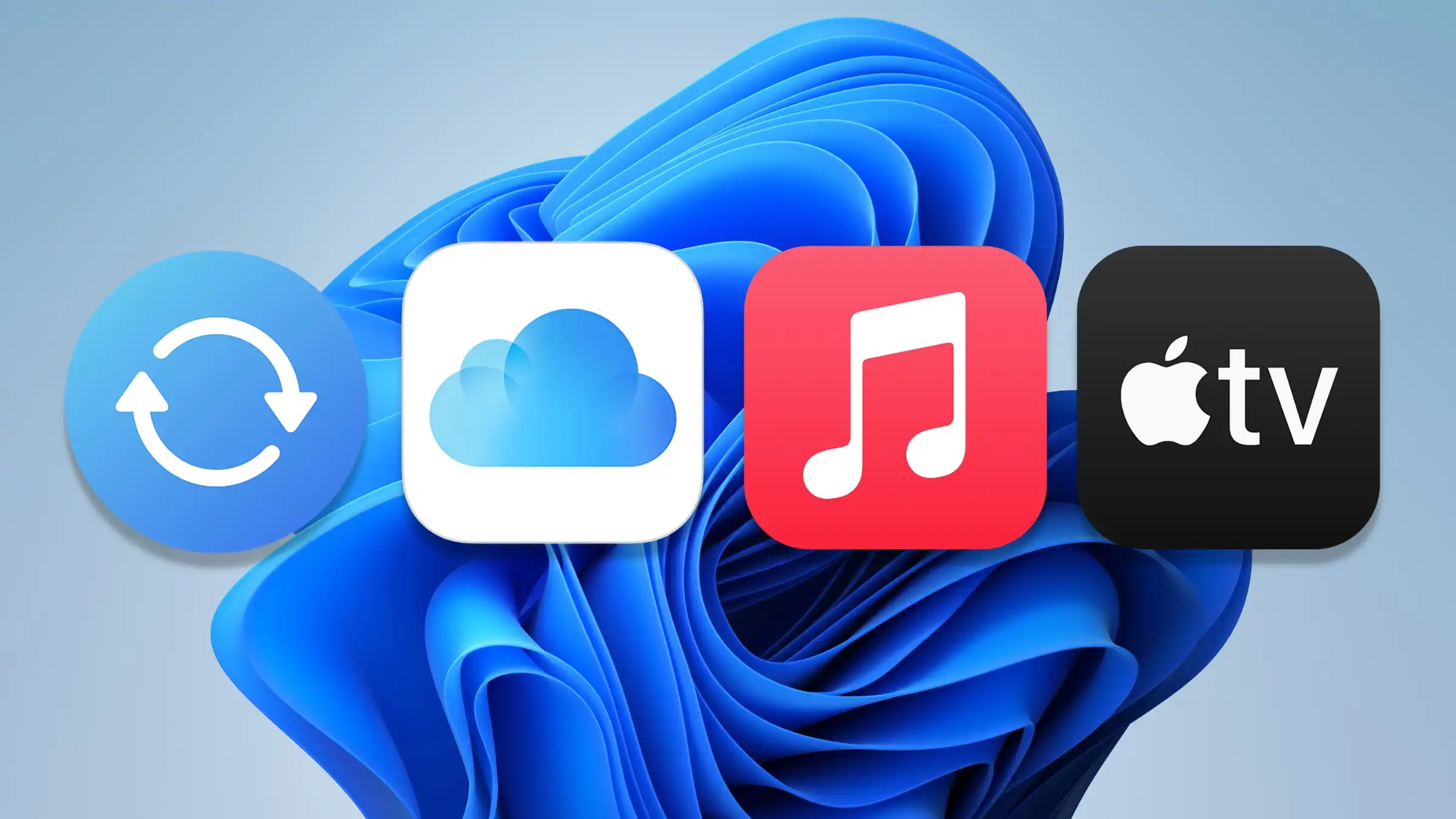Apple has finally pulled the plug on iTunes for Windows, marking a significant shift in how PC users interact with the Apple ecosystem. After years of serving as a jack-of-all-trades platform, iTunes is being replaced by three distinct applications: Apple Music, Apple TV, and Apple Devices. This move mirrors the experience on macOS, where separate apps have long managed these functionalities.
Key Highlights:
- Apple officially replaces iTunes on Windows with separate apps for Apple Music, Apple TV, and Apple Devices.
- The move streamlines user experience and aligns Windows with the macOS approach.
- While podcasts and audiobooks remain in iTunes for now, future updates may see further fragmentation.
- Windows users gain dedicated apps for managing content, streaming services, and device syncing.

Dedicated Apps for Streamlined Experience:
The new apps offer a more focused and user-friendly experience compared to the often-clunky iTunes. Apple Music provides access to the company’s expansive music library, personalized recommendations, and offline listening features. Apple TV allows users to browse and purchase movies and TV shows, enjoy subscription streaming services like Apple TV+, and access their personal iTunes library content. Finally, the Apple Devices app facilitates managing iPhones, iPads, and iPods on Windows, including backups, restores, and content syncing.
Microsoft Collaborates with Apple:
Interestingly, Microsoft collaborated with Apple in developing these new apps for Windows. This partnership led to smoother integration with the operating system, including features like iCloud Photos access within the Windows 11 Photos app. This indicates a potential softening of the historical rivalry between the tech giants, potentially benefiting both companies’ users.
Podcasts and Audiobooks Remain (For Now):
However, iTunes isn’t entirely gone. For now, it remains the only way to manage podcasts and audiobooks on Windows. Whether these functionalities will eventually migrate to dedicated apps remains to be seen. Some speculate that Apple might introduce separate Podcast and Audiobook apps in the future, further fragmenting the iTunes experience on Windows.
App Spotlight:
Apple Music: Dive into Apple’s vast music library, personalized recommendations, and offline listening capabilities, all within a dedicated app.
Apple TV: Browse and purchase movies and TV shows, enjoy streaming services like Apple TV+, and access your personal iTunes library content in a user-friendly format.
Apple Devices: Take control of your iPhones, iPads, and iPods with effortless backups, restores, and content syncing features.
Impact on Windows Users:
While some users might miss the all-in-one convenience of iTunes, the new apps offer several advantages. The dedicated approach caters to specific needs more effectively, improving user experience and potentially boosting performance. Additionally, it aligns the Windows experience with the familiar macOS environment, potentially making it easier for Apple users to switch between platforms.
The sunsetting of iTunes for Windows marks a significant change for Apple and its Windows users. While some functionality remains within the aging app, the introduction of dedicated apps for Music, TV, and Devices promises a more streamlined and intuitive experience. Whether podcasts and audiobooks follow suit, or further app fragmentation occurs, remains to be seen. Nonetheless, this move signifies Apple’s commitment to providing a consistent and user-friendly experience across different platforms.


















